Ce mois, le public peut diffuser Nick Bostrom Envisions Our AI Future, the inaugural episode of Planet Classroom’s new series – L'IA pour un monde meilleur.
L'IA pour un monde meilleur is produced and curated by Planet Classroom.
In the premiere episode of L'IA pour un monde meilleur, C. M. (Cathy) Rubin engages in a thought-provoking dialogue with Nick Bostrom, renowned philosopher, futurist and author. The conversation navigates the potential of AI to address global challenges like climate change, healthcare and education relevant to a changing world. Bostrom emphasizes the need for continuous learning, adaptable education systems, and ethical considerations in AI development, urging for inclusive policies and a shift towards meaningful activities in a future shaped by technological advancement.
Comme un artiste, Nicolas Olavario, the Producer of Nick Bostrom Envisions Our AI Future, says he wears many hats. He is a graphic designer, an Illustrator, and a video editor. Like many artists around the world, his dream is to continue to turn his passion for creativity into a lifelong profession.
La recherche globale pour l'éducation is pleased to welcome Nicolas Olavario.
Nic, as a filmmaker, what were some of the key lessons you learned while editing the inaugural episode of L'IA pour un monde meilleur?
I think making sure to pick the proper visuals that match the story and do it justice while also being entertaining is the biggest lesson any filmmaker should learn. I didn’t want to just throw together a bunch of images and clips and have it play like the type of presentations we’ve all made during our school days. I wanted there to always be something that popped up and grabbed the viewer’s attention.
What challenges did you encounter during the editing process, and how did you overcome them?
I would often come to a stop at certain sections trying to figure out the best way to move forward. This is when I would take a break and watch various documentaries for visual inspiration. Sometimes just seeing the way a graphic is animated or even just a color palette can provide a huge idea for me. Small details like these tend to go unnoticed by many who watch them, especially if they go by fast, but these small details are what some of the best documentaries are made of and they wouldn’t be as entertaining without them.
How did editing this documentary and working closely with the interview footage of Nick Bostrom shape your understanding of the complex subject matter surrounding AI and its implications for humanity? En outre, how did the experience influence your approach to storytelling?
Comme un artiste, seeing AI being used to create artwork in a matter of seconds and how its quality has rapidly improved in the span of just a few short years has worried me for the future of my career path. Cependant, after editing this episode, I’ve come to see that AI is something we should adapt to rather than fear as it can contribute to major issues such as healthcare and education. AI brings hope to those who need it and I wanted that to reflect in the episode.
Merci, Nic!
C. M. Rubin and Nicolas Olavario
Nic’s Short Bio:
I am an artist who wears many hats such as being a graphic designer, Illustrator, and video editor. Like many artists around the world, my dream is to continue to turn my passion for creativity into a lifelong profession.
Ne manquez pas Nick Bostrom Envisions Our AI Future, now streaming on the Planet Classroom Network. This film is curated by Planet Classroom.

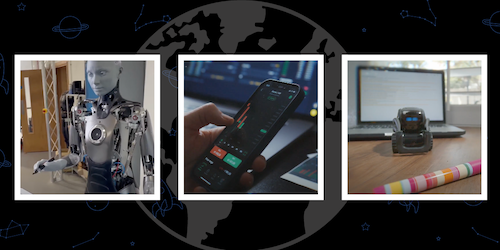
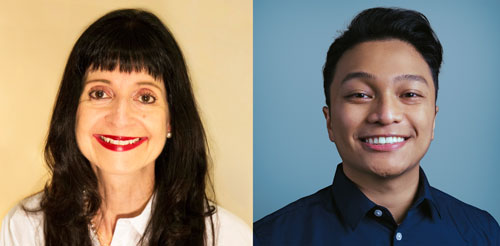

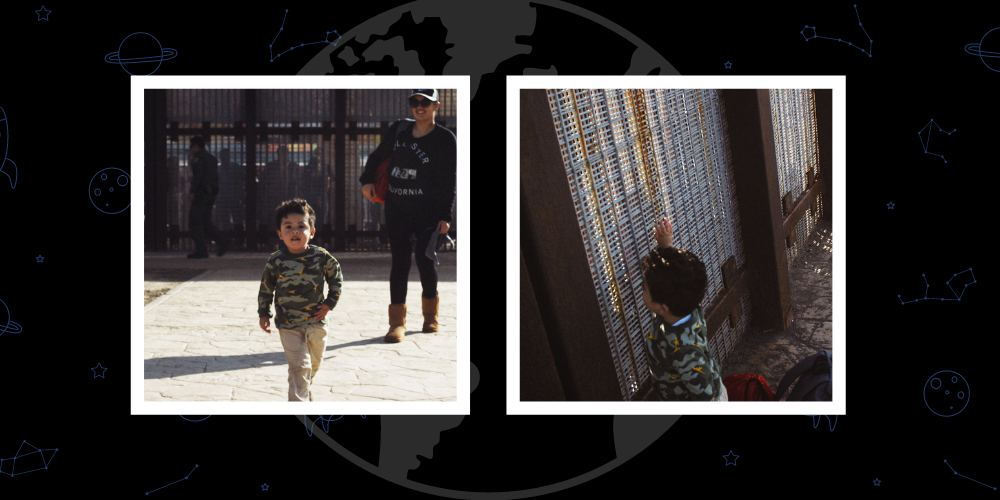
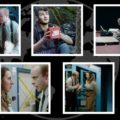
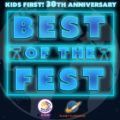
Commentaires récents